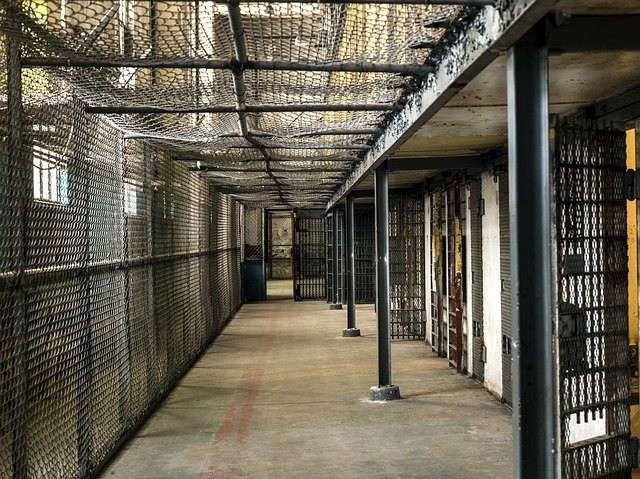California Supreme Court: Sex Offenders Are Eligible for Early Parole

The California Supreme Court ruled on Monday that nonviolent sex offenders can be considered for early parole.
This move on early parole comes as part of a ballot measure that nearly two-thirds of voters approved four years ago, said a report from Los Angeles Times.
Court House News noted that the early parole eligibility passed for all inmates with nonviolent felonies, including sex offenders.
Representing the court's unanimous decision, Chief Justice Tani Cantil-Sakauye said the Department of Corrections and Rehabilitation could not deny "even the mere possibility of parole to an entire category" of inmates under Proposition 57.
So sex offenders and other people convicted of nonviolent felonies will be eligible for early parole after completing the full term of their first offense.
San Francisco Chronicle noted that previous laws would require inmates to spend more years in prison, sometimes decades for gang membership, gun possession, and other factors, before being considered parole.
Corrections Department spokeswoman Dana Simas also said the ruling opens opportunities for sex offenders to appear before the parole board.
Early Parole Initiative Championed to Reduce Prison Populations
Former Gov. Jerry Brown pushed for the initiative to reduce prison populations and lower the costs by speeding up a person's chances for parole.
He repeatedly said that he and other proponents of the proposal never intended to cover sex offenders. However, lower appeals courts said the initiative's plain language could be interpreted in a way that should include nonviolent sex offenders, and the high court concurred.
According to the justices, the ballot measure is "not ambiguous" when it comes to the scope of offenders previously convicted of a registerable sex offense or currently convicted of a registerable sex offense. The Department itself has defined this offense as "nonviolent."
Read also : FBI Says Nashville Bombing Suspect Died in Blast
In California, violent offenses include rape, sodomy, and continuous sexual abuse of a child, but others won't be covered.
The definition left out other sexual offenses like pimping, incest, indecent exposure, and possessing child sexual abuse material.
Cantil-Sakauye clarified that this does not mean sex offenders or any other inmate would automatically be entitled to parole before completing full sentences.
Instead, the corrections department will consider anything in an inmate's record, including sexual offenses, if they would pose a danger to the public.
At Least 4,000 Could Be Allowed Early Parole
About 20,000 inmates could be allowed parole consideration because of the ruling, said Sacramento attorney Janice Bellucci.
About half of these inmates are serving time for sex crimes, while others are in prison for other offenses but have records of sex crimes.
On the other hand, the court said this number might be bumped lower since more than 18,000 inmates serve time for a violent crime. That leaves about 4,400 inmates who could be considered for parole.
Bellucci noted that "society will be safe" given the measure. She said inmates, who are granted parole, have to be monitored electronically every day for as long as 20 years.
They will also undergo counseling and rehabilitation programs and could be returned to prison if they violate any of their parole terms.
Subscribe to Latin Post!
Sign up for our free newsletter for the Latest coverage!
© 2025 Latin Post. All rights reserved. Do not reproduce without permission.














